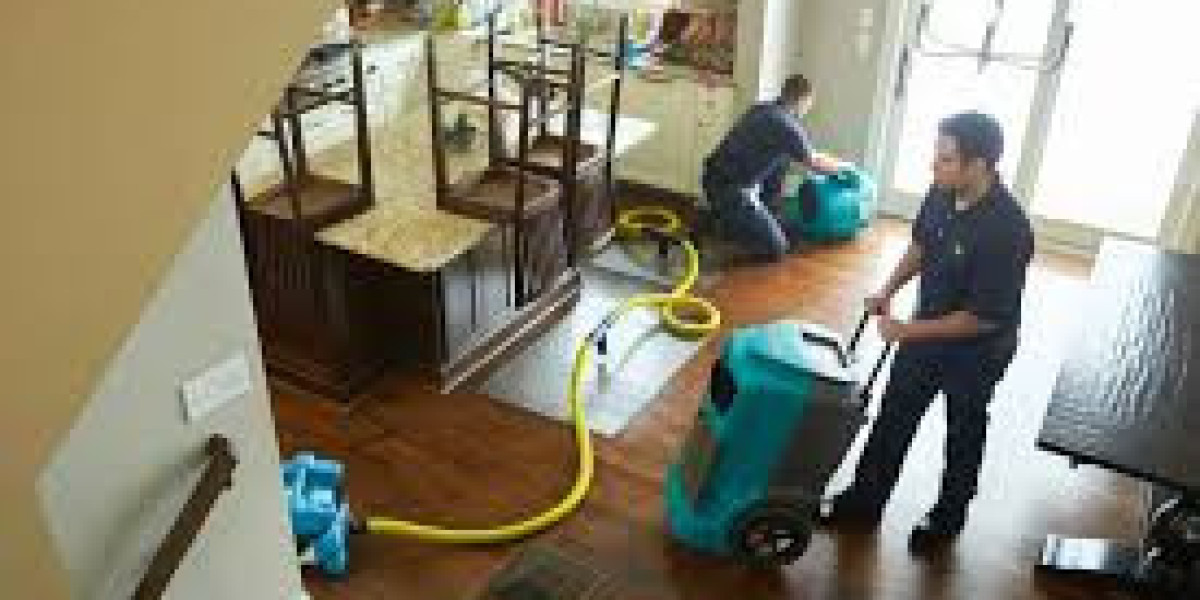Experiencing a traumatic event in a home, business, or public space can be overwhelming. Beyond the immediate emotional toll, there are often biohazardous materials left behind—blood, bodily fluids, and other potentially infectious substances—that pose serious health risks. This is where professional trauma scene cleanup services play a crucial role. These trained experts handle the cleanup of crime scenes, accidents, suicides, and unattended deaths, ensuring the area is safe, sanitized, and restored with care and discretion.
What is Trauma Scene Cleanup?
Trauma scene cleanup, also known as biohazard remediation or crime scene cleanup, involves the professional removal, cleaning, and sanitization of areas contaminated by biological hazards. This service goes far beyond standard janitorial work. Professionals follow strict protocols set by organizations such as OSHA (Occupational Safety and Health Administration) and the CDC (Centers for Disease Control and Prevention) to prevent the spread of disease and contamination.
Situations that may require trauma cleanup services include:
Homicides or suicides
Accidental deaths or unattended deaths
Industrial accidents
Bloodborne pathogen incidents
Chemical spills or contamination
In all these cases, immediate and professional response is essential to minimize health risks and restore the affected environment.
The Risks of DIY Cleanup
It might be tempting for loved ones or property owners to attempt cleaning a trauma scene themselves. However, this is extremely dangerous. Exposure to bloodborne pathogens such as HIV, hepatitis B, and hepatitis C can occur if proper safety precautions are not taken. Additionally, improper cleaning may leave behind biological residues that could harm future occupants. Trauma cleanup is not just about cleaning—it involves decontamination, proper disposal, and restoration, all carried out under stringent safety guidelines.
Steps Involved in Trauma Scene Cleanup
Professional trauma scene cleanup typically follows a structured, multi-step process:
1. Initial Assessment
Upon arrival, trained technicians assess the scene to determine the scope of contamination. This includes identifying biohazards, evaluating structural damage, and planning the cleanup strategy. Each scene is unique, so this assessment ensures that the cleanup is both safe and effective.
2. Containment and Protection
To prevent cross-contamination, cleanup professionals establish controlled zones. They use personal protective equipment (PPE) such as gloves, masks, and biohazard suits to protect themselves. Containment protocols prevent hazardous materials from spreading to uncontaminated areas.
3. Removal of Biohazards
All blood, bodily fluids, and contaminated materials are carefully removed. This may include furniture, flooring, or other porous items that cannot be fully sanitized. Materials are placed in biohazard bags or containers for safe disposal according to local regulations.
4. Deep Cleaning and Decontamination
After removing contaminated items, the area is thoroughly cleaned with specialized disinfectants that kill viruses, bacteria, and other pathogens. Surfaces are scrubbed and sanitized, and any lingering odors are neutralized. This step is critical to making the environment safe for future use.
5. Restoration
Finally, the space may require repairs or restoration. This can involve repainting, replacing flooring, or repairing structural damage caused by the incident. Professional trauma cleanup companies ensure that the property is returned to its pre-incident condition, or better, ready for normal use again.
Emotional Sensitivity and Compassion
One of the most important aspects of trauma scene cleanup is the emotional sensitivity of the cleanup crew. Families and property owners are often grieving or dealing with shock. Experienced trauma cleanup professionals are trained to work discreetly, respecting the privacy and emotional state of those affected. Their presence allows loved ones to focus on healing without the added burden of managing a hazardous cleanup.
Choosing a Trauma Scene Cleanup Service
Not all cleaning companies are equipped to handle trauma scenes. When selecting a professional service, consider the following factors:
Certification and Training: Ensure the company follows OSHA and CDC guidelines and employs certified biohazard technicians.
Experience: Look for companies with a proven track record in trauma cleanup, including crime scenes, suicides, and unattended deaths.
Discretion and Compassion: The company should maintain confidentiality and demonstrate sensitivity to the emotional needs of clients.
Emergency Response: Trauma incidents can happen at any time. A reputable service should offer 24/7 emergency response.
Benefits of Professional Trauma Scene Cleanup
Using a professional trauma cleanup service provides several key benefits:
Safety: Trained technicians minimize health risks associated with biohazards.
Efficiency: Professionals complete the cleanup faster and more thoroughly than untrained individuals.
Compliance: Proper disposal and decontamination follow local and federal regulations, avoiding potential legal issues.
Peace of Mind: Families and property owners can focus on emotional recovery while experts handle the hazardous work.
Beyond Cleaning: Preventing Long-Term Risks
Trauma scene cleanup is not just about immediate sanitation. Properly handled biohazard cleanup prevents long-term health risks, property damage, and psychological stress. Without professional intervention, residual contamination can linger, potentially causing illness or infection for future occupants.
Conclusion
Trauma scene cleanup is a specialized service that combines technical expertise, safety protocols, and emotional sensitivity. Whether dealing with a crime scene, accident, or unattended death, professional cleanup ensures that spaces are sanitized, restored, and safe for future use. Attempting DIY cleanup can pose serious health risks, while trained professionals handle biohazards efficiently and compassionately.
In times of tragedy, having access to professional trauma scene cleanup provides peace of mind, protects health, and helps families and communities recover more effectively. By prioritizing safety, compliance, and empathy, trauma scene cleanup services play an essential role in restoring both spaces and the sense of normalcy that follows a traumatic event.



